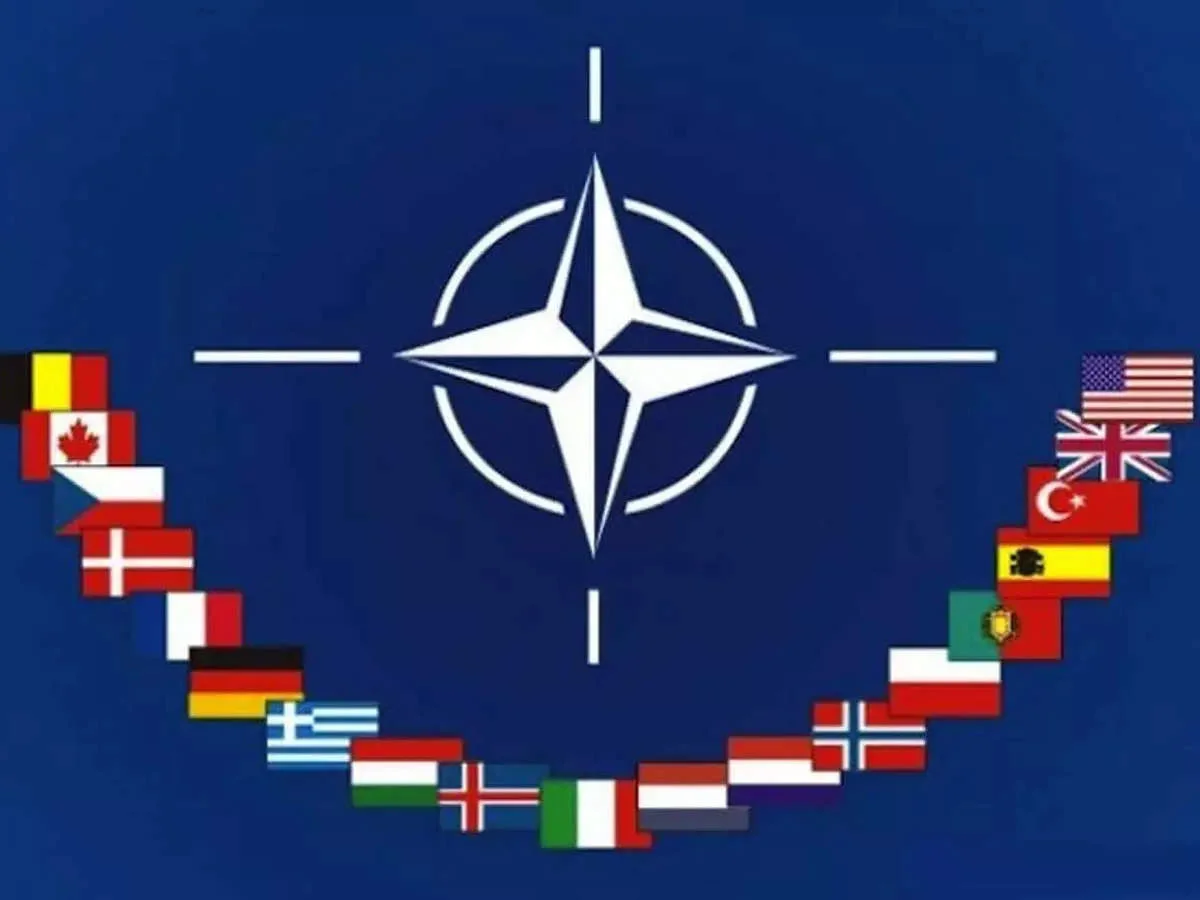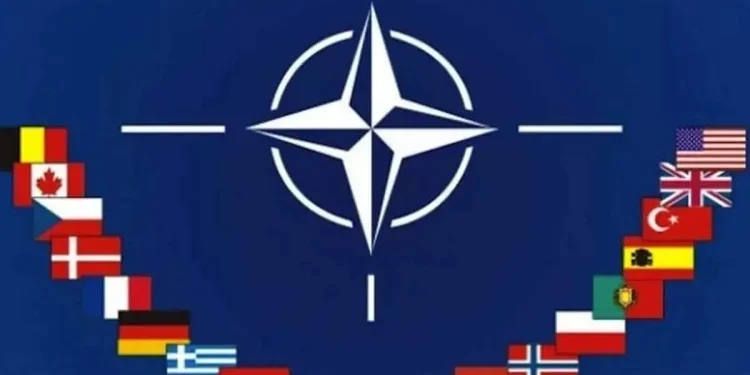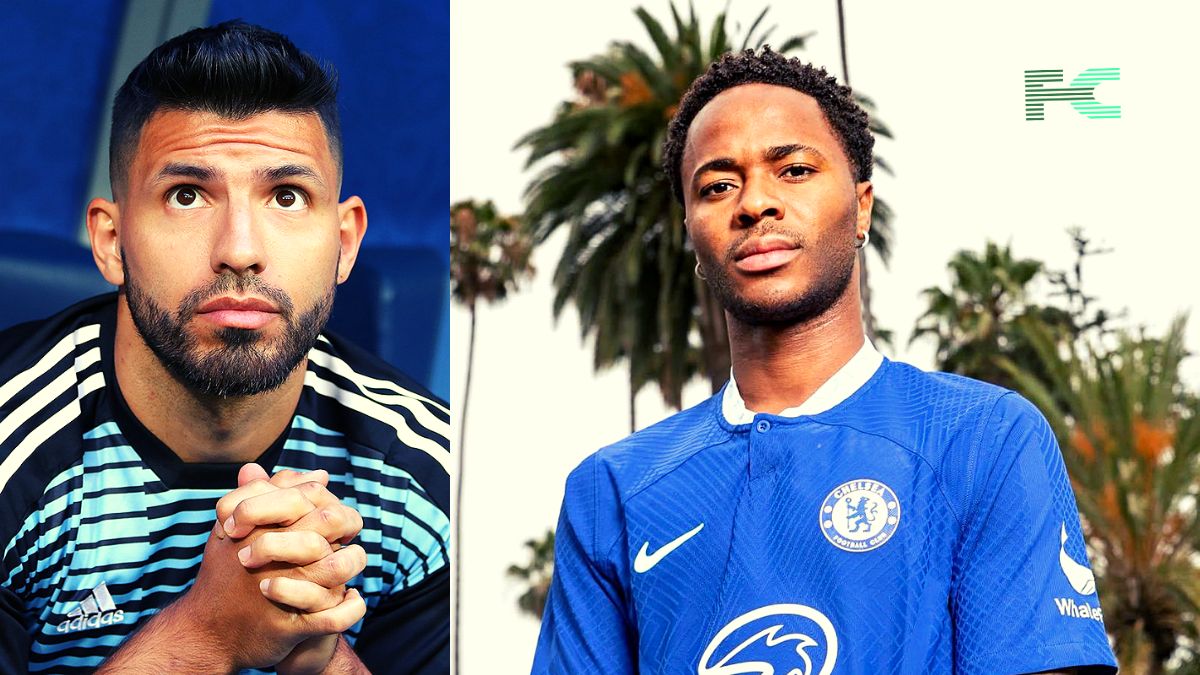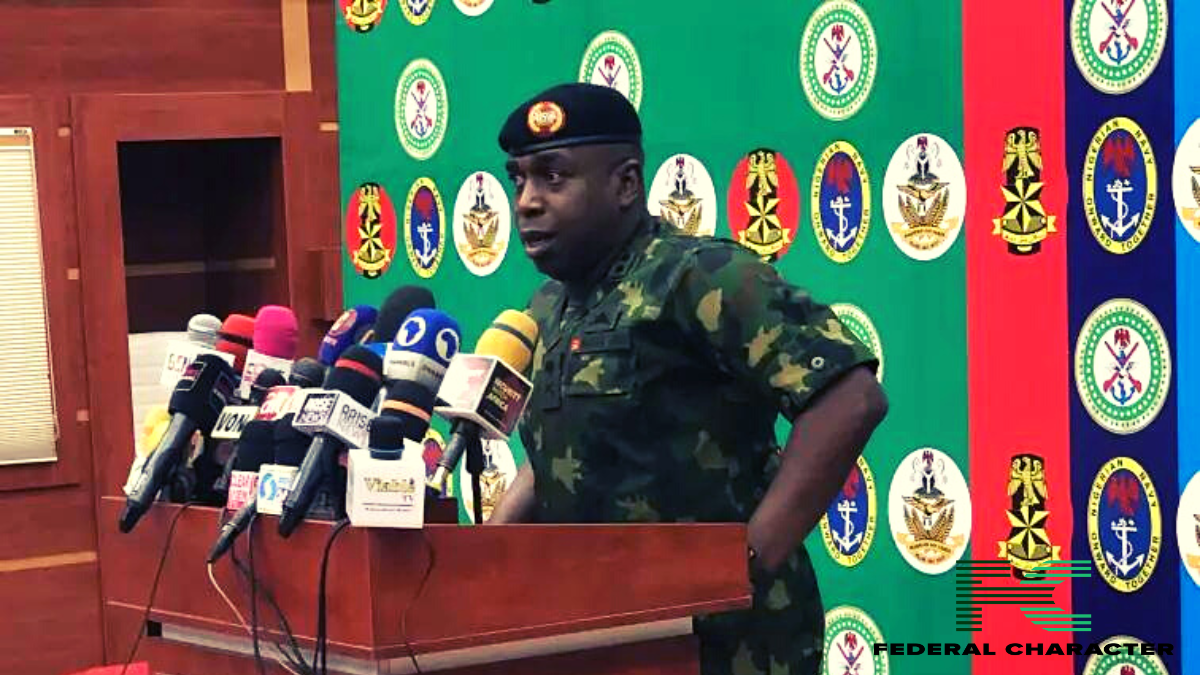Every few months, NATO leaders talk tough about cutting off Russia’s lifeline: oil and gas. But when you look closely, the words don’t always match the actions, the latest noise comes after Donald Trump said he’s “ready to do major sanctions on Russia” — but only if all NATO members stop buying Russian oil. Everyone has to act together, or it falls apart. And right now, not everyone is willing to give up cheap Russian energy.
Russia’s war in Ukraine runs on money from oil exports. If NATO countries stop buying it, Moscow feels the squeeze. But here’s the problem: Russia is not selling in an empty market. China, India, and even Turkey — a NATO member — are still buying big. Cutting Russia off completely would mean finding new suppliers, paying higher prices, and telling citizens already struggling with bills that things will get even tougher. That’s not a political risk every leader wants to take.

Trump’s Game of Deadlines
Trump has made sanction threats before, often giving Russia “two weeks” to change course. The weeks pass, nothing changes, and the war drags on. His latest line is clear: no new sanctions unless NATO is united. It sounds strong, but it also gives him an easy excuse to do nothing if even one country refuses. And let’s be very real, countries like Hungary and Slovakia, which still rely heavily on Russian oil, are not about to flip the switch overnight.
The Sanctions Dilemma
Western sanctions sound tough in speeches, but in reality, they are tricky. The harder you hit Russia, the higher the global oil price climbs. That means voters in London, Berlin, and Paris pay more at the pump, and public support for sanctions weakens. It’s a balancing act: punish Putin without punishing your own people too much. That’s why NATO keeps talking about sanctions but dragging its feet when it comes to really quitting Russian oil.
NATO’s Energy Hypocrisy
Some NATO countries want to present themselves as tough on Russia while quietly keeping the oil flowing. Turkey is a perfect example. It’s a NATO member, yet it ranks as one of Russia’s top buyers. So when NATO talks about “unity,” it sounds hollow. How can an alliance be united when its own members are keeping Russia’s war machine alive with oil money?
The Bigger Picture
Every leader knows that pulling the plug would hurt Russia, but they also know it would hurt their own economies first. So they stall, they posture, and they issue warnings that sound strong but mean little. Meanwhile, Russian tankers keep sailing, and the war keeps burning.

















